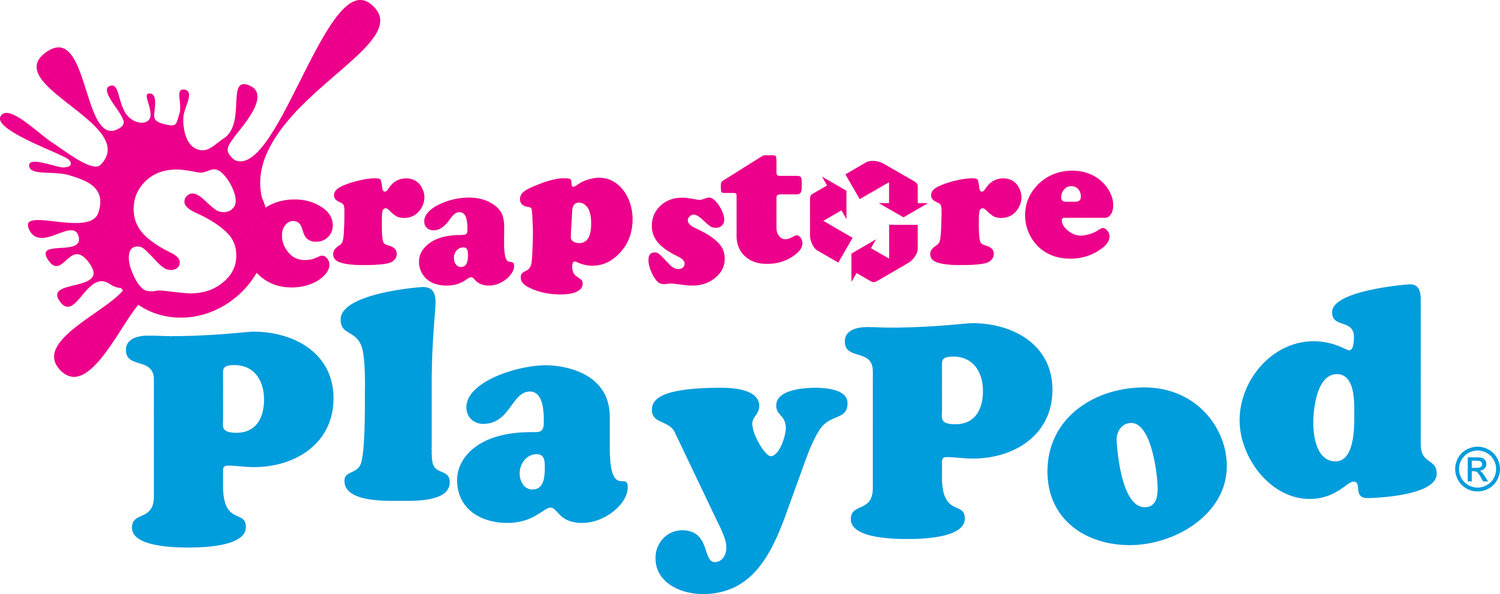The Scrapstore PlayPod project investigated augmenting outdoor play in schools. It provided primary schools with a container, or ‘Pod’, full of loose parts , (scrap materials), and explored changes to the human environment, with the aim of stimulating, facilitating and enhancing children’s play.
The school lunch time is an important part of the day occupying as much time as key curriculum subjects - “Breaks can occupy up to 25% of the day, which is almost the same amount of time as that given to language or maths”. Blatchford (1994).
Loose parts are the flexible elements within a play environment. They are the fuel which feeds the fire of children’s imaginations and playful intentions. The greater the diversity of loose parts offered to children, the greater the range of play interactions. These interactions enable open ended exploration through play leading to learning by doing.
The term loose parts was introduced by Simon Nicholson (1971) who proposed that: “In any environment, both degree of inventiveness and creativity, and the possibility of discovery, are directly proportional to the number and kind of variables in it”
Nine schools were involved in three local authority areas, Three schools in three rounds. Each school had a Scrapstore PlayPod for 12 weeks. Due to the nature of action research, the process and service provided to schools was improved in each round, as our knowledge and understanding developed. The results of this project were extraordinary and exceeded expectations in several ways. Further in this report you will see these benefits in some detail and throughout there are observations and records which have astounded and surprised all those involved from Headteachers, Staff, Lunchtime Supervisors and Parents. The inescapable conclusion is that given a conducive environment, both human and physical, the capacity and ability of children to play is witnessed as inexhaustible, and that the play itself, if left to the children, is similarly as varied as their imaginations and is therefore unending.

